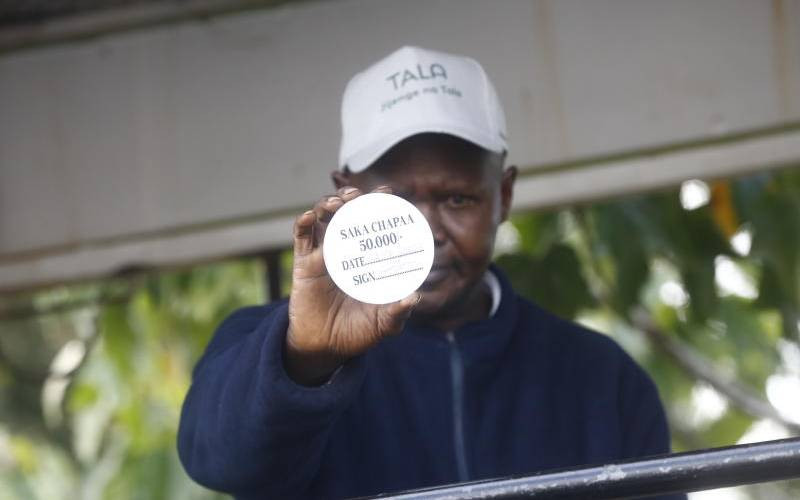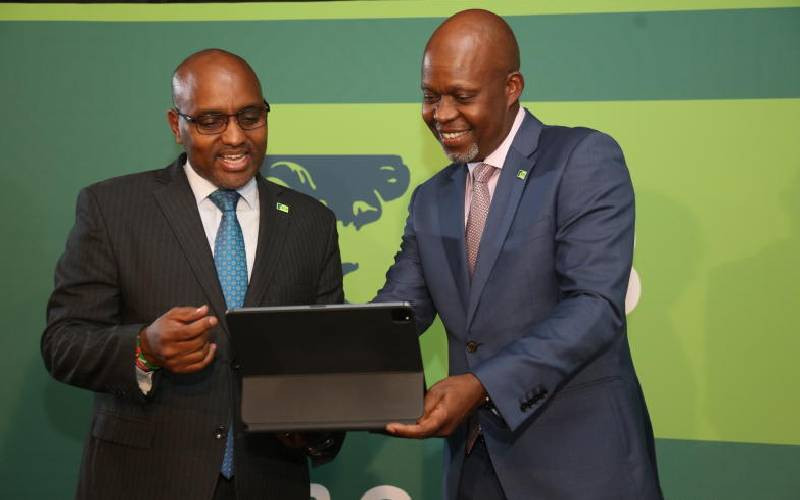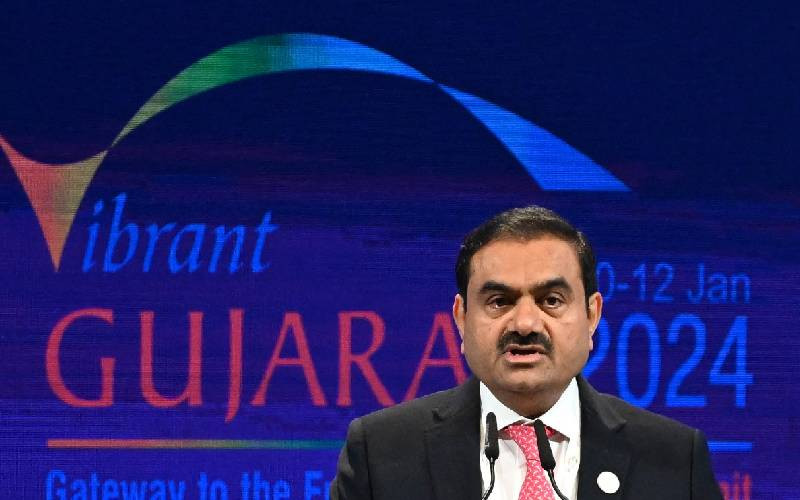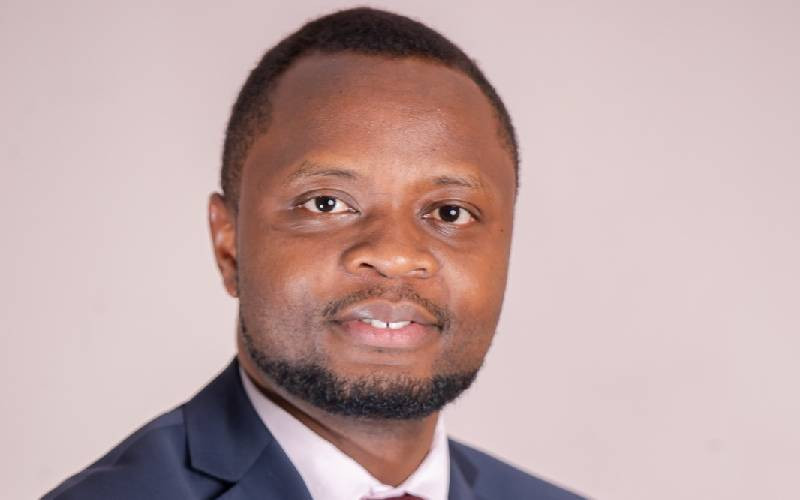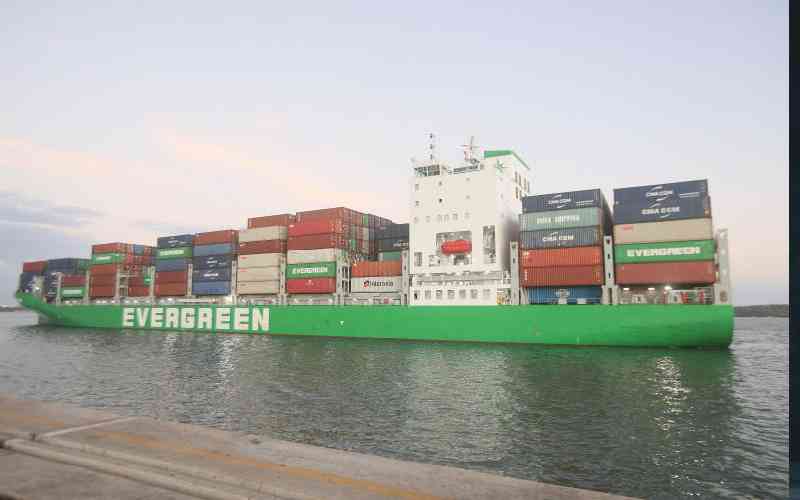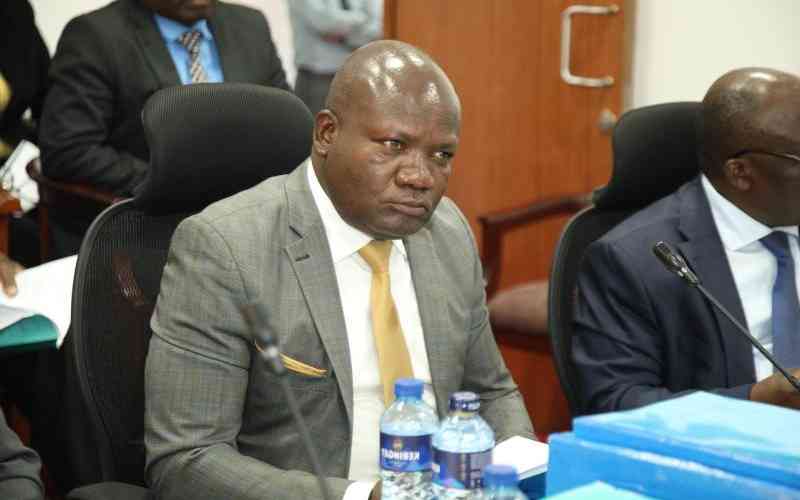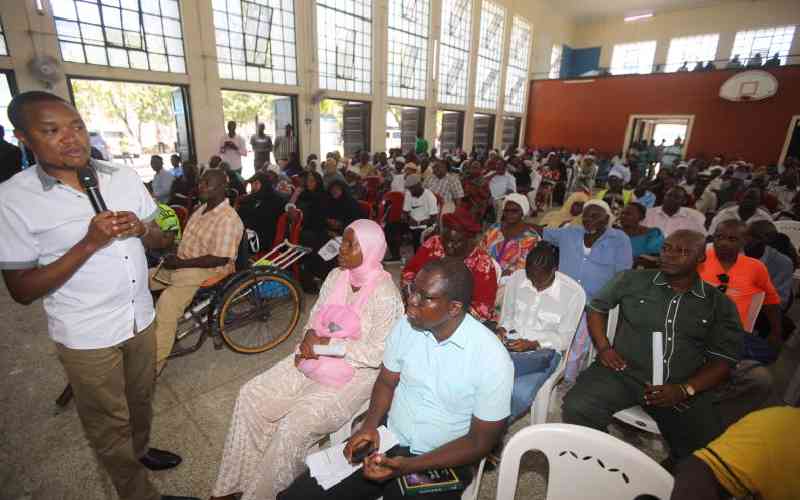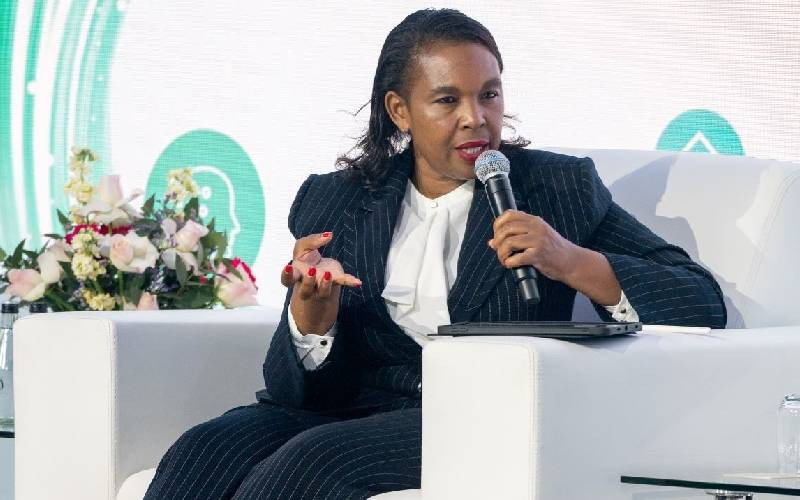
African ICT ministers are advocating for the adoption of ICT technologies to promote inclusive and sustainable development across sub-Saharan Africa.
At AfricaCom 2024, hosted by the African Telecommunications Union (ATU) and South Africa's Department of Communications and Digital Technologies (DCDT), a high-level ministerial forum focused on building a prosperous, inclusive, and sustainable Africa through ICT advancements.
During the event, ministers and representatives from Uganda, South Africa, Kenya, and ATU signed a joint communique to foster the development of national cloud infrastructures, supporting AI adoption and the expansion of electricity and network coverage in rural areas through solar microgrids.
Additionally, smart education initiatives were highlighted as a key step in bridging the urban-rural divide.
This year marks Huawei's third consecutive support for the Ministerial Forum at AfricaCom. The event included keynote speeches, panel discussions, and case-sharing sessions, where experts addressed challenges in sub-Saharan Africa while exploring opportunities in the digital age.
Kenya’s ICT Cabinet Secretary, Dr Margaret Nyambura, emphasized the country’s leadership in driving comprehensive digitalization.
- Lions Club enhances paediatric cancer care at KNH
- We need to demystify and destigmatise betting addiction
Keep Reading
“We are developing technologies, building infrastructure, improving access, building capacity, and raising awareness, not just for the public sector but for the entire population,” she stated.
ATU Secretary General John Omo underscored the need to address infrastructure constraints, including cloud and fiber limitations.
“Sub-Saharan Africa has less cloud space than Switzerland. Our governments must incentivize industries to develop local cloud services,” he said.
South Africa’s Minister for Communication and Digital Technologies, Solly Malatsi, stressed the importance of integrating renewable energy, such as solar power, with digital infrastructure.
“Digital transformation is not just about technology. It’s about empowering individuals, communities, and nations to reach their full potential,” he remarked, calling for collaboration among governments, the private sector, and NGOs to ensure an inclusive and sustainable digital revolution.
Dr Li Zhengmao, Chairman of the World Broadband Association, highlighted China's success in building high-quality digital infrastructure, suggesting this experience could guide efforts in sub-Saharan Africa.
Hover Gao, President of Huawei Sub-Saharan Africa, reiterated Huawei’s commitment to collaborating with stakeholders to build a prosperous and intelligent Africa.
At the forum, Huawei introduced the Global Digitalisation Index (GDI), which evaluates a country’s ICT maturity based on indicators like computing, storage, cloud, and green energy, offering insights to guide digital transformation.
 The Standard Group Plc is a multi-media organization with investments in media platforms spanning newspaper print
operations, television, radio broadcasting, digital and online services. The Standard Group is recognized as a
leading multi-media house in Kenya with a key influence in matters of national and international interest.
The Standard Group Plc is a multi-media organization with investments in media platforms spanning newspaper print
operations, television, radio broadcasting, digital and online services. The Standard Group is recognized as a
leading multi-media house in Kenya with a key influence in matters of national and international interest.

